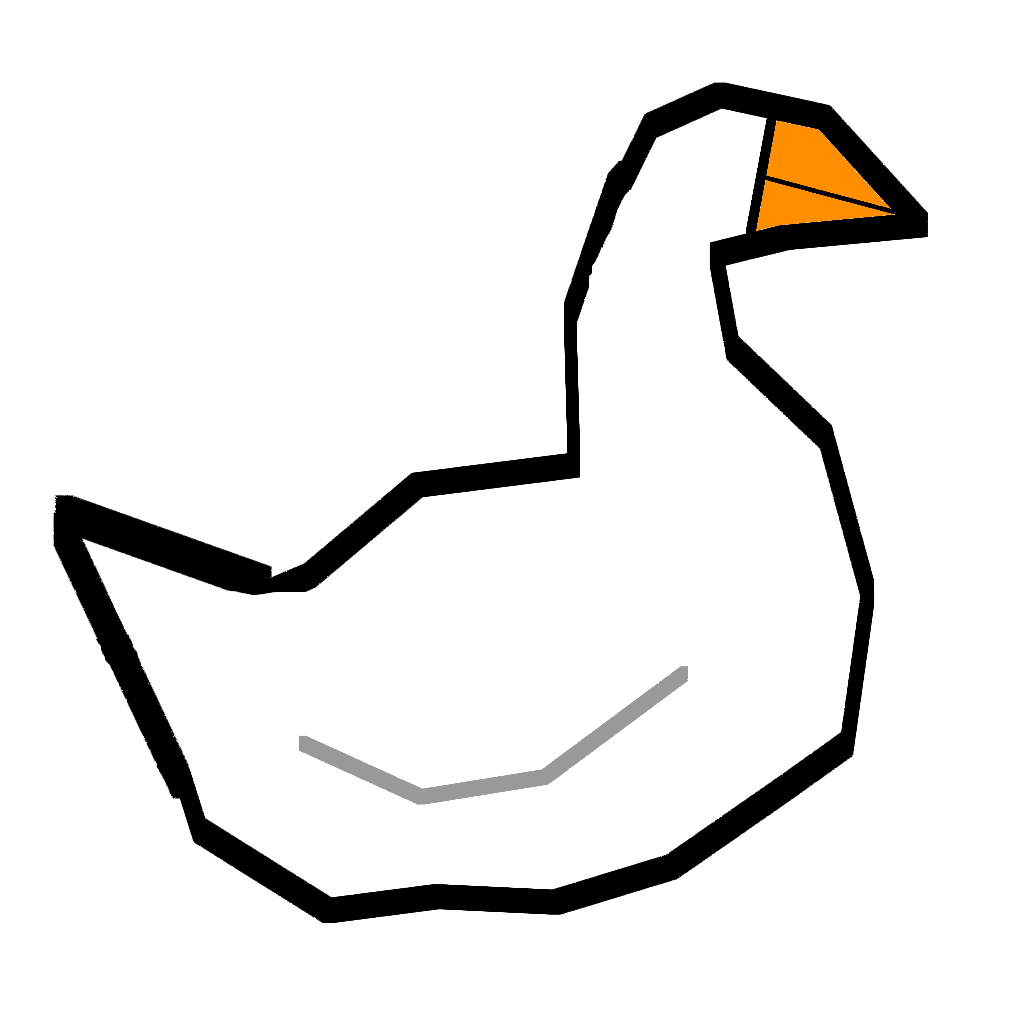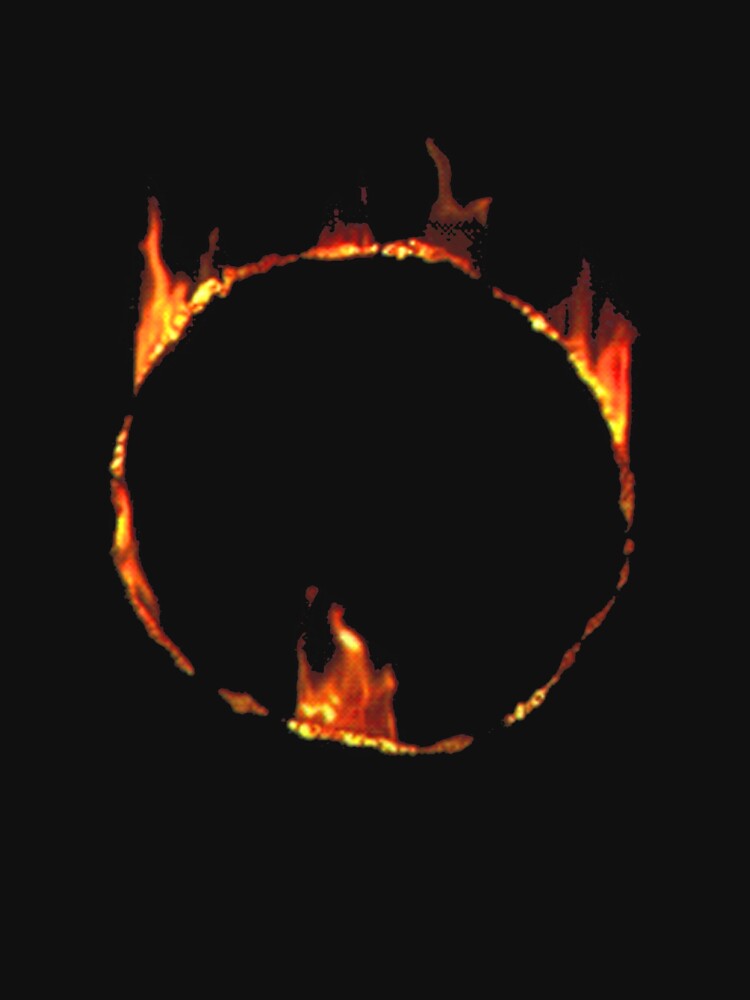deleted by creator
they didn’t really try. it’s more of a suggestion (and still is). metric is standard in the US within science, just not among regular folks because commercially it’s not as dramatic, i.e. news stations dramatize 100F!!! since it sounds way more dramatic than 38°C. if the news and commercial products started using metric, people would quickly switch over.
unfortunately a lot of imperial shit has started migrating to europe due to chinese products being produced for the US market and then sold in europe as an afterthought using imperial units.
You already got me dying mentioning 38c. Its just a case of what you’ve grown up with. USA should defo swap, but they would have to display both for a long time for people to understand. If the weather and such started showing both and mentioning temps in both, then yeah it would probably take off.
Holy smokes that’s over 300K!
deleted by creator
Nope. Electronics is one industry where imperal still wins for some reason
I remember buying TVs in centimeters. It was a thing. Monitors have been imperial as long as I can remember, but TVs were metric. They only switched when they got bigger for whatever reason.
@sibachian and that’s better. You can easily tell, 100 is too hot to play outside, and 0 is too cold to play outside and everything else is fine.
pft, you can always dress for the cold. heat is what kills you.
deleted by creator
Change is hard. In Europe we wanted to drop daylight saving time, but nobody could agree on which hour to keep. So it’s here to stay. Sigh.
nobody could agree on which hour to keep. So it’s here to stay
Is it really? I thought it was just postponed. Or do you say it juat because it seems to be always postponing
Maybe I’m too pessimistic.
The parliament voted to abolish them in 2019, but instead of agreeing on a specific time, or discussing it at the council level, they polled each country individually. We got incoherent results, obviously, and I don’t think any progress has been made since then.
Admittedly they had bigger fish to fry, so maybe once the covid and the war are over, it’ll get sorted out.
Same thing in North America.
Actually no. This year was the last spring forward, at least for the US. We’re not falling back to standard time this year and never will again.
Leave it to the US to, in the choice between a “standard” thing and an off-standard thing to choose the off-standard option.
lol
In all seriousness, I’m actually very much in favor of keeping daylight savings time year round. I like having extra light in the evening and I don’t mind an extra hour of darkness each morning in the winter.
THIS!!! Still angry about it. But it seems most of Europe would want permanent summer time, while Finland would rather use the actual correct solar time.
Be that as it may, I’d rather swallow having to live in permanent summer time than go on changing my clocks twice a year.
De-juro, US already uses metric - there’s samples and document and stuff like that, just like in other countries. This makes it even more peculiar, because it’s just the people that aren’t willing to drop some old system that they brought from the colonial British Empire with them back in the day; you’d think it only makes sense, with all the freedom and independence tendencies, but somehow the archaic measuring system from the monarch is still vigorously beloved and defended by millions… even though they’ve declared independence from the monarch a couple of centuries ago.
We live in a weird world.
I would love to see a campaign to convert the US to metric that focuses solely on comparison shopping at the grocery store! (It’s really difficult to do here with all our mismatched units of measurement.)
@aproposnix @sisyphean so you’re a genXer or a late #boomer
Definitely GenX NOT Boomer.
deleted by creator
lol
It’s actually UK legacy. UK moved to metric but US didn’t.
they did not move entirely, they still use miles and such
they are the imposter, deserve orange mark on the map LOL
Someone should set up a new “shitamericanssay”
And a new USDefaultism while we’re at it.
Ik it exists on reddit, but it would be nice to not make it around Americans.
yeah, actually… !stupidonsocialmedia ?
Something around people, who think that what they’re used to is default everywhere
deleted by creator
No. Just putting ! in front of a word does not create a link.
@MentalEdge K, it does on other 'verse platforms like #Friendica & #GNU Social.
I hope we eventually get that feature over here then. I’m manually making links, and there is no way to link some things, from another instance, so you have to make do with links that take you off your own instance sometimes.
Removed by mod
Some older people in the UK still prefer Fahrenheit, Celsius is still the official/default unit however.
A politician here recently tried to promote returning the UK to Imperial units, it has gone nowhere so far.
Yes, because the suggestion made everyone laugh hysterically, even here in Australia lol.
Gotta break some stuff for a proper brexit.
It’s not brexit unless it breaks it, after all.
Are you serious? That’s pretty funny!
It does seem superior for the weather and cooking.
Having the weather between 50-100 instead of 10-40 kind of makes sense.
And for the cooking, having the steak temperature at 130-135 or 135-145 is clearer than 54-57 or 57-63.
Not that I’d think it would make sense to change, but it just seems plain stupid how we like to pretend the imperial system would be inferior and stupid.
The whole world swapped to metric for a reason.
Oh yeah that’s why it freezes at a random 32 degrees. I generally live between -30 C and +30 C.
Was this the right honorable member for the 18th century perchance?
Wow really? Cause you never really think of Liberia of having their shit together.
I live in the United States and although I grew up here using Fahrenheit, I switched to Celsius almost 10 years ago. Part of my reason for switching was the rest of the world was using Celsius and every time they would mention the temperature, I had no clue if that was very hot, or just right and kept having to convert, so since there were not that many countries that used Fahrenheit, I switched. I still know what the comfortable range is in Fahrenheit, but now I also know in Celsius as I use it every day. Also, I no longer appear to be an old curmudgeon that is resistant to using a system the rest of the world already uses.
I did exactly this but with 24 hour clock lol
deleted by creator
Having the freezing point of water be at 0 instead of 32 just makes infinitely more sense.
Only if you’re measuring water temps. In general it makes more sense to put the zero of your scale at absolute zero
Fahrenheit’s 0 is the freezing point of water - salt water that is. Not that I think it’s better, just that there was some thought put into it.
It… isn’t. That would change wildly depending on which sea/ocean you get your saltwater from (more salt = colder freezing point).
It really is defined relative to a very specific brine mixture (in the most scientifically generous origin story - some say he literally just measured the coldest winter day he could). Well except it isn’t anyway, because like all US units nowadays it’s defined against metric units (namely the Kelvin, just like 0°C is actually defined to be 273.15 K).
I had once heard described that fahrenheit’s best feature is that you can go “oh, 1-100, ‘sheesh, that’s really cold!’ to ‘hoof, that’s pretty hot!’” and yeah, while I was in the US where most temperatures (RIP Florida) change all the time, that sure was convenient.
However, living in a country that always stays in the 80-100 range, the ‘oh fuck, the water’s freezing’ to 'oh fuck, the heat death of the sun is upon us’ range is a MUCH more useful scale to knowing if we’ve been struck by some sort of apocalyptic event today
US centrism summed up.
!ShitAmericansSay
As someone who moved to the US later in life, I learned to use fahrenheit because there’s no way to talk to anyone about the weather or cooking otherwise.
If you need to do the same one day, don’t bother trying to convert in your head. Just learn the numbers conversationally. Familiarize yourself with how the weather feels with the number the weather app shows.
I can’t convert at all but I can use both C and F in conversation because one rarely needs exact numbers anyway. You learn the ballparks pretty quick.
I find the conversion between the two easy enough to do it my head.
This isn’t exact but is close enough for conversations and 99% of my needs.
(Temp in F - 30) / 2Examples
70F: 70F - 30 = 40 40 / 2 = 20C 10F: 10F - 30 = -20 -20 / 2 = -10CThe actual number is 21 / -12 but this is close enough for me 99.9% of the time
When you actually need to convert, sure. For conversation, try it my way. It’ll be noticeably more efficient.
Thank you, this is a a great idea! I’ve found these common temperatures online, in case anyone wants to learn them:
Description Celsius (°C) Fahrenheit (°F) Absolute Zero -273.15 -459.67 Freezing Point of Water (at sea level) 0 32 Average Room Temperature 20-22 68-72 Body Temperature 37 98.6 Average Summer Day 25-30 77-86 Heat of a Desert 40-50 104-122 Boiling Point of Water (at sea level) 100 212 Highest Recorded Earth Temperature 56.7 134 Average Summer Day 25-30 77-86
See, that’s the problem with these “Fahrenheit is more intuitive” arguments. They are catered to a very specific country with a very specific climate. For me, 25-30 ºC is an average late spring day.
It’s intuitive to those who grew up using it. For me, Celsius is much more intuitive because people around me used it all my life and refer to common temperatures in Celsius.
So I think intuitiveness is very subjective and not a good criterion to judge a unit by.
This, for sure. I live in the US and wanted to learn to understand Celsius so I switched my phone to use it. Internalizing a system works where translating/converting does not. I quickly learned that I feel comfortable in temperatures in the 20s. Since I feel comfortable in Fahrenheit temps in the upper 60s to mid 70s I can guess what the conversion is for most temps, but I don’t have to do it to understand that I like how 22 C feels.
Similarly, if you’re traveling and having to use a foreign currency I prefer to establish an idea in my head of cheap, reasonable, expensive than stopping to convert every price exactly. A “reasonable price” is relative to the item and location, of course, and should also affect my perspective.
Absorbing a new system by this method works fairly easily for temperatures and money, but less so for other measurements. I don’t have as fine-tuned a sense of what ounces, pounds, or grams feel like as I do units of temperature. And I am always adding or subtracting 12 to understand time when expressed as 13h and up.
During the brief period when the US was encouraging metric system understanding there were many highway speed limit signs expressed as 55 mph / 88 kph. Every time I need to make that conversion I think of 5/8 because of that sign. And I usually just make guesstimates that work well enough.
I like learning new things. The generation before me in my family turned off their brains long ago and now suffer dementia. I work to keep my mind active. Learning other units of measure is one example.
Finally I’ll say that I WISH I could get to a point of understanding languages this way without translation.
Sadly, language is a bit iffy when it comes to internalizing.
Unless you learn a language when you’re a child, and ideally starting before you’re ten, you won’t get instinctive enough to match a native speaker’s. That’s just how our brain development works.
There’s a special linguistic plasticity which is the language learning instinct that’s fully active until we’re ten or so and gradually declines and pretty much stops when we’re in our early twenties.
What you learn until then is used by the language centers of your brain and is more or less reflexive. You don’t need to think about it to use it, like walking.
After that, we can only learn languages intellectuality, which means we do have to think about it and deliberately listen and speak (or read and write obviously) using our prefrontal cortex.
Maybe one day we’ll invent a technology or some medical treatment to turn it back on in later life.
Terrific insight. I had often wondered if that alone would assist with adoption if it became standard in the US. That, or we would just print it in two formats all the time…
Isn’t Fahrenheit a “feel” temperature unit anyway? Once you need precision (science), even Americans switch to Celsius/Kelvin.
FWIW Fahrenheit has more precision for the temperatures you most commonly feel. Day-to-day you’re likely to feel temps between 10-32°C (range of 22°), which is 50-90°F (range of 40°). It might not seem like a big deal, but I can tell a difference in my house when setting my thermostat from 68°F to 69°F; conversely, if I turn my thermostat to C mode both values get rounded to 20.
But yes, as an American, I think of CPU temps in terms of C, I know water freezes at 0°C/32°F, I know water boils at 100°C but have never committed to memory what it is in F, and in chem classes we always use C/K.
Can you set your thermostat to 68.5°F? I can set mine to 21.5°C, does that mean I have more precision? This precision argument is nonsense.
deleted by creator
F is kinda nice for weather as a scale of 1 to 100 of really cold feeling to really hot feeling. But for anything scientific or calibration related, C is great
Disagree. Celsius is super helpful for determining if it’s gonna snow or not, a key weather thing where I live. Humid and cold and below 0? Snow. Humid and cold and above 0? Rain or freezing rain.
Also helps with plants. Below 0? Frost.
I’d argue you can’t get more intuitive than 0 is cold, below 0 is very cold. Celsius also plays nice with round numbers, every 5 or 10 degrees is a change in feeling. 0 is cold, 5 out is cooler, 10 out is cool, 15 is moderate, 20 is comfortable, 25 is room and warm, 30 is hot, 35+ is very hot. Every ten degrees we’re doing big changes. 0 is frozen, 10 is cool, 20 is comfortable, 30 is hot. 32 being frozen doesn’t feel as intuitive.
We should just start using Kelvin instead
celsius is useful after all
deleted by creator
Absolutely no one
I like to refer to them as Freedom units and Communist units (in jest, obviously). I will say, though, that Fahrenheit feels like a more precise scale for measuring temperature even if the units are goofy.
I don’t get the precision argument. It really doesn’t matter for personal use because you wouldn’t feel the difference anyways and if you really needed it to be as precise as possible (for… I don’t know, science) you’d use decimals. And if you’re sciencing, you’d use the system that allows easy conversion, which is metric.
I’m scared to ask now if Fahrenheit has decimals or if it’s like 74 and one eighth degrees.
The worst thing about imperial is that it’s not very consistent within itself. E.g. imagine that you need 100 pieces of wood, which are each 2.5 inch long. How do you quickly calculate how much wood you need to buy so you can cut it up? Do you just not think in units of 10 and 100s, but something else instead?
Don’t forget to factor in the width of the saw blade. That’ll be fun.
I think I came across as saying something different than I intended. I wasn’t arguing that Fahrenheit IS more precise. I was saying it feels more precise.
If I’m measuring a length, then metric feels more precise. I can measure 1035mm in a nice, whole, number while 40.74803 inches is a length I can’t measure well with a measuring tape and I’d probably end up calling it 40.75" which, even then, still isn’t a whole number. I’m just talking about the perception, not the actual useful nature.
I get what you’re saying. It just doesn’t make sense to me. But that’s because I’m accustomed to metric.
What additional arguments besides personal experience would you give to back this precision claim?
Temperature scales are arbitrary by nature, and the criteria behind their definition can be useful or not. Fahrenheit’s isn’t that much useful compared to Celsius’ or Kelvin’s.
I’m not arguing on Fahrenheit’s behalf or saying it IS more precise. I just said it “feels” more precise because you have finer increments in whole numbers. 70 degrees F is about 21 degrees C while 90 degrees F is about 32 degrees. 20 degrees of increment in F versus 12 in C which feels more precise. It’s the same way metric length measurements feel more precise because there are whole number millimeters rather than fractional inches.
I have no strong opinion any one way, other than I feel like everyone should endeavor to be comfortable converting between various systems of measurement.
You can simply use as many decimals you want to make Celsius more precise. You don’t see it used in general because it really isn’t needed.
The little digital thermometers I have around the house read to one decimal place. The precision argument is just bizarre.
So precise that everything is rounded to the nearest 5 or 10 degrees lol.
I don’t care how many football fields worth of sun we’ll get today.































